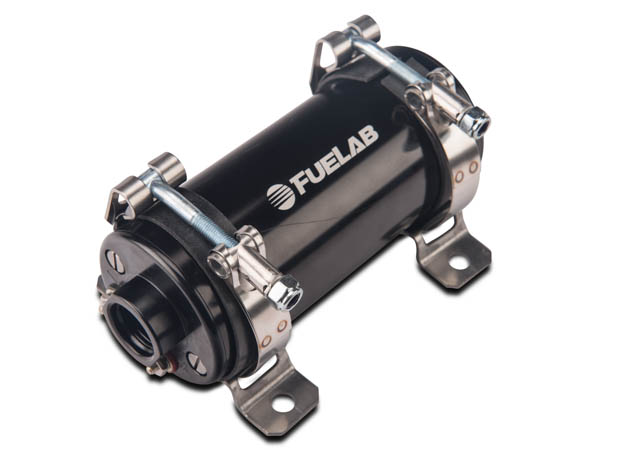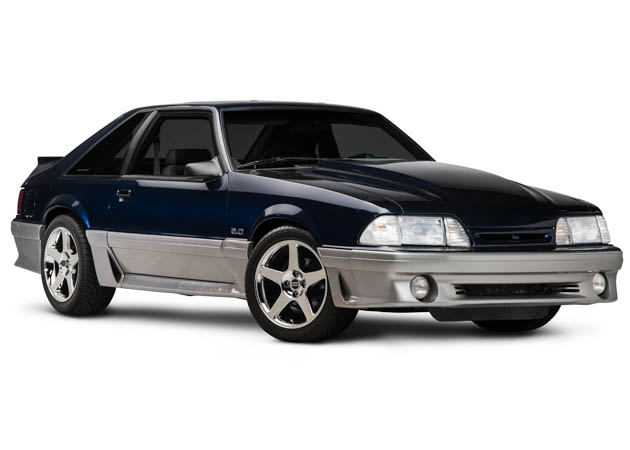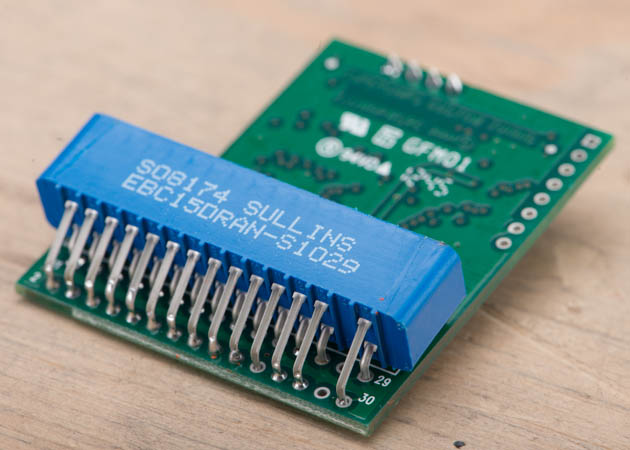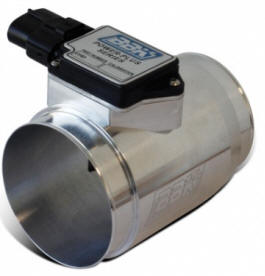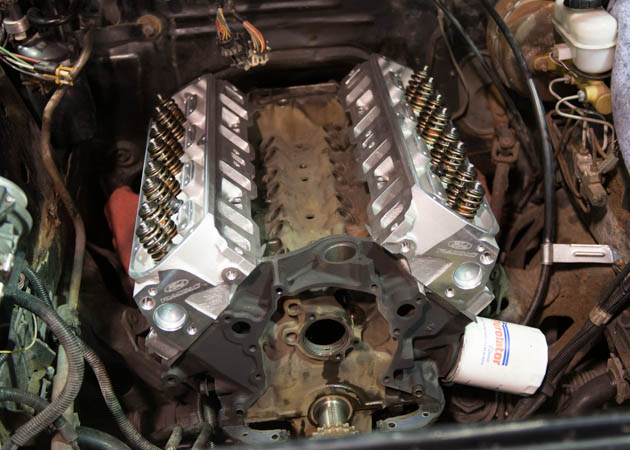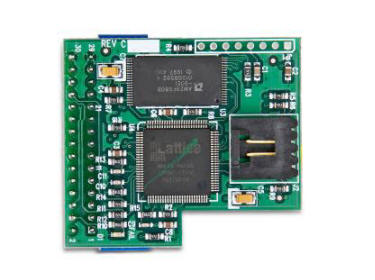A Fox Body's computer restricts the amount of power your engine can push. An aftermarket chip and tune will go a long way lifting the stock computer's limitations.
Contents
- Facts About Fox Body Computer Chips
- What is a Mustang's ECU, and What Does it do?
- Your Fox Body Mustang's Computer
- Tuning Your Mustang for Maximum Performance
- Mustang Speed Density Systems vs. Mass Air Systems
- When to Consider Getting a Chip and Tune
- What Performance Mustang Chip Will Get the Job Done?
- Standalone ECUs and Tuning
- How Do I Get My Tunes?
- How Mustang Chips Help You Dial In
Shop Fox Body Chips & Tuning
The overall performance of your Mustang depends on a quality tune, whether you are building a track monster or restoring a stock Fox back to its original glory. Ensure your car is running at peak performance with a custom chip and Bama tune.


